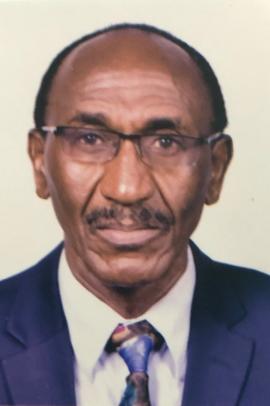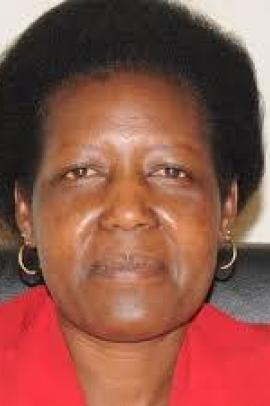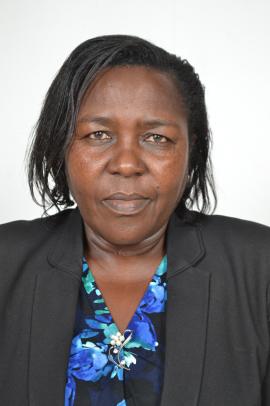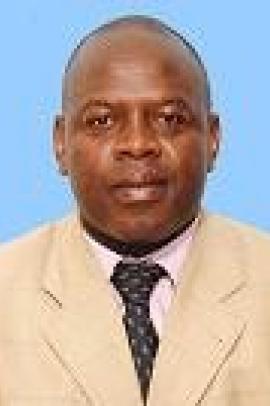Student Short Biography
(Max 250 words)
For the past ten years Akuto, Teresa Cheyech has been delivering great value for money to clients as an internal auditor, offering professional support to strengthen the internal control systems that enhance fair service delivery to enhance the business objectives. Later she developed passion for accountancy and became the Project Accountant for Kenya Climate Smart Aquaculture Project (KCSAP), West Pokot County where she accurately and promptly process all county Project accounting transactions including project payments for planned activities, operating expenses, travel, consultant / vendor payments and other office running expenses; prepare timely periodic county statements of expenditure (SOE) reports and fund replenishment requests, carefully checking and inspecting all supporting documents; and also prepare, implement and review county funding of budgeted and actual annual cash flows and ensure adequate follow up on matters needing clarification; Prepare quarterly and annual county financial reports in agreed formats in line with the Financial.
When not travelling Akuto enjoys listening to music singing and planning for local adventures with the kids.

Thesis / Project Title
Institutional Factors Influencing the sustainability of Donor Funded Dairy Agricultural Project, A case of Siyoi, West Pokot County, Kenya.
Thesis / Project Abstract
(Max 250 words)
Sustainability of Donor funded projects has become critical in the management of projects by the community as a result of institutional factors characteristics. The purpose of this study was to investigate the institutional factors and the sustainability of agricultural donor funded dairy projects in Siyoi Ward, West Pokot sub-county, West Pokot County, Kenya. The study specifically focused on the following objectives; to establish how managerial capacities, community participation, technology adoption and how extension services influenced sustainability of donor DFDP. The study was anchored on outcomes and systems theory. The study adopted a descriptive survey research design with a target population of 220 of the local households, county government officials from the Ministry of Agriculture and Pastoral Economy, the director in charge of Livestock, director Veterinary services, the funding agency officials and the project manager (KCSAP), beneficiaries and the community members, Dairy farmers association and a church representative from the Siyoi Dairy farmers and the Church community. A stratified sampling method was used to select the respondents. The sample size was determined by applying the Yamane formula, which were 180 sampling units. Stratified and purposive sampling was used to identify sampling units from the sampling frame. Questionnaires and interviews guides were used as tools of data collection. A pilot study was conducted to pretest the instruments and to determine validity and reliability of the research instrument. Qualitative data was collected by holding face to face interviews with respondents. Quantitative data was collected by administering questionnaire. The SPSS version 22 software was used to analyze the data from questionnaires while thematic analysis was used to analyze the qualitative data. In the findings, 83.1%, 83.9%, 81.8% and 78.6% of the respondents stated that managerial capacity, community participation, technology adoption and extension services largely influenced sustainability of DFDP. Further, managerial capacity, community participation, technology adoption and extension services were statistically significant as the p-value, 0.000 was less than the level of significant adopted by the study, 0.05. There was an association of 0.977, 0.657, 0.616, and 0.491 between community participation, managerial capacity, technology adoption and extension services and sustainability of DFDP. Over 72.0% of the respondents elucidated that it took over two years after adoption of modern technology for it to have a meaningful impact on sustainability of DFDP. Further, 89.6% of the respondents supported the fact that the management of dairy association was ineffective and this could be explained by the low level of education. It was recommended that the donor and the County Government should formulate policies that set minimum qualifications for one to be a committee member of a dairy association. The national legislature should formulate laws and advice the executive to zero-rate taxed on agricultural tools and technological resources. The county government should employ more extension service providers to enhance trainings.
Research Supervisors
Dr. Patrick Simiyu





